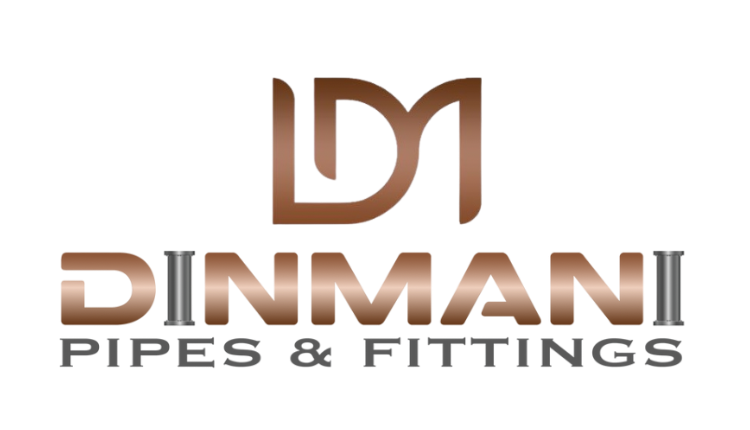Get A Quote
Get A Quote
+91

Home

Account

Get A Quote

About Us
Products
Materials
Contact Us
Connect with us
Get A Quote

Home

Account

Get A Quote

Inconel 600 is an austenitic nickel-chromium alloy offering high oxidation and corrosion resistance levels, good Strength at elevated temperatures and excellent performance in severely stressful conditions. These nuts are made from this strong alloy, stud bolts that create a stable connection in hard working conditions. These are needed for high-performance stability and can withstand all conditions.
The composition of Inconel 600 stud bolts is crucial for understanding their properties and performance in various industrial applications.
| Grade | Cr | Fe | Ni | C | Mn | Cu | Si | S |
| Inconel 600 | 14.0 – 17.0 | 6.0 – 10.0 | 72.0 min | 0.15 max | 1.0 max | 0.5 max | 0.5 max | 0.015 max |
Thus, this table provides valuable insights into the chemical composition of these stud bolts, highlighting their properties and suitability.
The table provides essential information for engineers and manufacturers to assess the integrity and durability of Inconel 600 stud bolts in demanding environments.
| Density | Melting Point | Tensile Strength | Yield Strength (0.2%Offset) | Elongation |
| 8.47 g/cm3 | 1413 °C (2580 °F) | Psi – 95,000 , MPa – 655 | Psi – 45,000 , MPa – 310 | 40 % |
Thus, this valuable data on the strength, flexibility, and resilience of Inconel 600 stud bolts is crucial for ensuring reliability and longevity.
These flexible Bolts offer numerous benefits for various industrial applications.
Inconel 600 Stud bolts offer several advantages that make them suitable for industrial and commercial applications.
Due to its excellent features, the Inconel 600 Stud bolts are preferred in various industrial applications. Some of the main applications include.
Inconel 600 Stud bolts are applied across various industries due to their valuable features, which make them versatile.
Inconel 600 is an austenitic nickel-chromium alloy offering high oxidation and corrosion resistance levels, good Strength at elevated temperatures and excellent performance in severely stressful conditions. These nuts are made from this strong alloy, stud bolts that create a stable connection in hard working conditions. These are needed for high-performance stability and can withstand all conditions.
The composition of Inconel 600 stud bolts is crucial for understanding their properties and performance in various industrial applications.
| Grade | Cr | Fe | Ni | C | Mn | Cu | Si | S |
| Inconel 600 | 14.0 – 17.0 | 6.0 – 10.0 | 72.0 min | 0.15 max | 1.0 max | 0.5 max | 0.5 max | 0.015 max |
Thus, this table provides valuable insights into the chemical composition of these stud bolts, highlighting their properties and suitability.
The table provides essential information for engineers and manufacturers to assess the integrity and durability of Inconel 600 stud bolts in demanding environments.
| Density | Melting Point | Tensile Strength | Yield Strength (0.2%Offset) | Elongation |
| 8.47 g/cm3 | 1413 °C (2580 °F) | Psi – 95,000 , MPa – 655 | Psi – 45,000 , MPa – 310 | 40 % |
Thus, this valuable data on the strength, flexibility, and resilience of Inconel 600 stud bolts is crucial for ensuring reliability and longevity.
These flexible Bolts offer numerous benefits for various industrial applications.
Inconel 600 Stud bolts offer several advantages that make them suitable for industrial and commercial applications.
Due to its excellent features, the Inconel 600 Stud bolts are preferred in various industrial applications. Some of the main applications include.
Inconel 600 Stud bolts are applied across various industries due to their valuable features, which make them versatile.




























No more suppliers available.
Website Banner